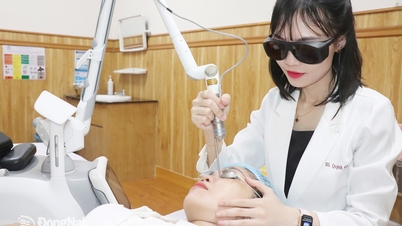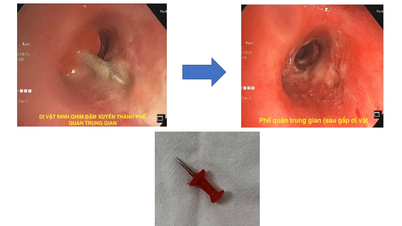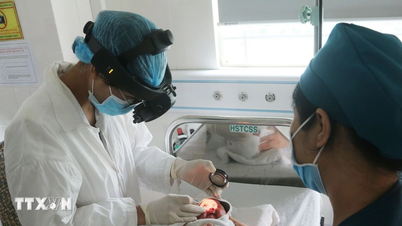Most bruises are subcutaneous, occurring just below the epidermis. But experts say they can also occur in muscle or bone. Bone bruises are the most painful and severe.
In most cases, mild bruises will disappear after 1 or 2 weeks, but severe bruises can take up to 6 weeks to fade completely, according to the health website Livestrong (USA).

To prevent bruising, you should not overexert yourself.
Causes of leg bruises when exercising
High-impact exercises that put a lot of stress on the legs can lead to bruising.
Overtraining: According to the National Institute for Fitness and Sport , long-term, high-intensity exercise like running a marathon can weaken muscles and blood vessels, causing bruising.
Workout Impact: Workout bruises can be caused by direct impact, such as hitting exercise equipment, or by repetitive stress.
Due to aging: Aging makes skin and blood vessels more fragile, leading to easier bruising during exercise due to increased stress on muscles, according to the Mayo Clinic .
Using blood thinners: Using blood thinners such as aspirin or anticoagulants can make you bruise more easily during exercise.
Due to underlying medical conditions: Lack of vitamin C, K or certain medical conditions will affect blood clotting and cause your legs to bruise easily during exercise.
How to reduce bruises
Most bruises will go away on their own without treatment. If the bruise is severe, you may need to rest your leg and elevate it above your heart to prevent blood from pooling in your lower body.
Taking over-the-counter pain relievers can help relieve the pain. However, in general, if you occasionally bruise your legs from exercising, there is no need to worry.
To prevent bruises, you should not exercise too hard and avoid hitting your feet on exercise equipment. Additionally, warming up and stretching thoroughly before and after exercise can also prevent this condition.
Source: https://thanhnien.vn/nguyen-nhan-chan-bam-tim-khi-tap-the-duc-va-cach-khac-phuc-185240620194534504.htm
















































































































Comment (0)